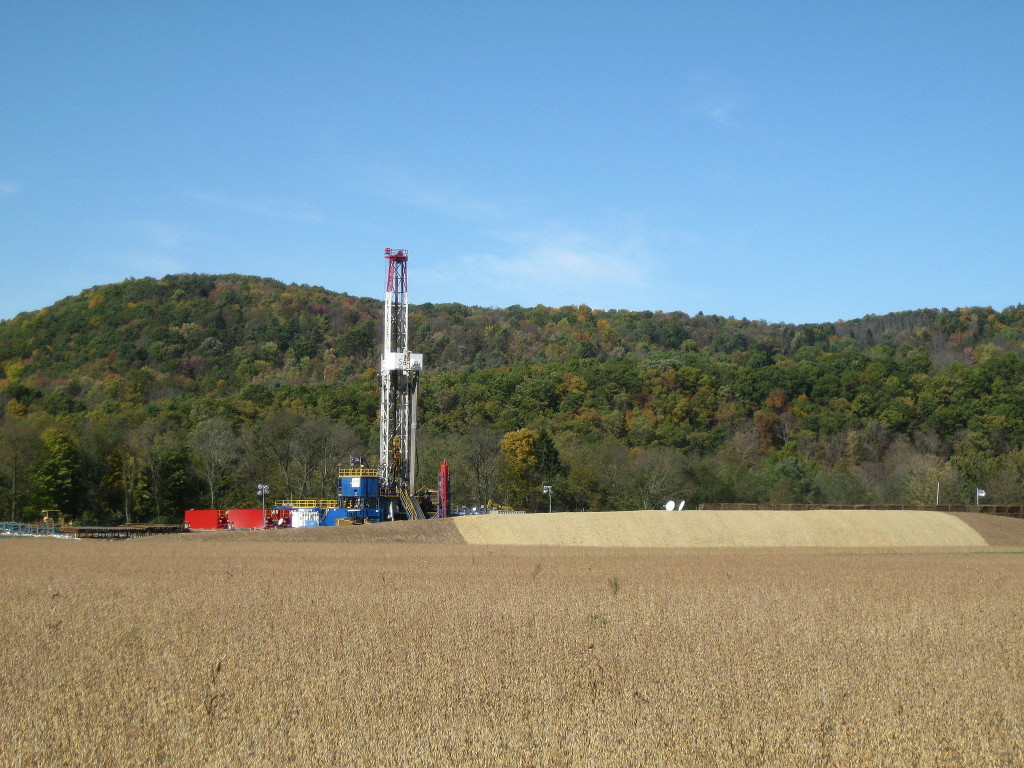
July was an exciting month in the energy sector. The world’s second largest oil company, Chevron, signed a 1.24 billion dollar deal with Argentina – the world’s second largest holder of shale gas reserves – to develop their oil and gas opportunities. The total scope of Chevron’s investments could exceed 15 billion dollars. Chevron isn’t the only company jumping at the promise of shale. Dow Chemical Company and Bridas Corp., an Argentine-Chinese joint venture between CNOOC Ltd and the Bulgheroni family, have also signed development deals with their South American partners.
Across the pond in Europe, global consulting company Navigant Consulting released a new study backing UK Prime Minister David Cameron’s claim that shale expansion could cut gas prices by a quarter: “… estimates suggest northern England could provide enough shale gas to meet the UK’s needs for more than four decades.” Nonetheless, Cameron still faces an uphill battle. His continental partners in the EU have expressed concern with the potential environmental implications linked to the process of extracting shale oil and gas, known as fracking. Despite the European Union being known for its stringent environmental practices, some EU countries such as Romania and the Netherlands seem to be tiptoeing towards the idea of fracking and its encompassing economic benefits, while others states – France stands as a prime example – are sprinting in the opposite direction. Despite Europe’s unnerving reliance on Russian energy, the EU’s potentially game-changing relationship with fracking continues to move at a glacial pace.
In Asia, the effects of the North American shale boom are being felt. American shale oil opportunities have enticed national midsized energy companies producing abroad to come back home. After being drawn into untapped energy hubs in Asia, companies like Anadarko Petroleum Corp and Newfield Exploration have begun to sell their billion dollar Asian portfolios in Thailand’s natural gas hotspots and China’s Bohai Bay. Subsequently, these companies are beginning their triumphant return to American soil.
Recently predicted by the International Energy Agency to be the world’s top oil producer by 2017, many countries are jumping aboard the American energy bandwagon early. Highlighting the energy-starved nature of today’s world, Chile has shown how serious they are about its American shale gas interests by establishing a chancery in Philadelphia earlier this month. On a three-day trade trip to Pennsylvania, Chilean energy executives not only celebrated the opening of the Chilean Philadelphia consulate with Pennsylvania Governor Tom Corbett, but they also discussed Chilean interests in Pennsylvania’s Marcellus shale gas. Chile, a country whose energy demand is growing at five percent yearly, is preparing for increasing energy consumption rates. Governor Corbett, having visited Chile last April, reiterated to the Chilean executives that he is happy to export Pennsylvania’s natural gas: “As Chile’s manufacturing sector grows, she is clearly going to need energy […] we have it in abundance and we’re blessed by that.”
The global shale boom, supported almost wholly by American reserves, has continued to shake up the positioning of the world’s energy producers. While other countries may move to avoid the fracking boom, most governments seem pleased with America’s progress. Europe may still have the opportunity to ease their reliance on Russian energy with new American natural gas imports; North American energy companies are starting to come back home, which could boost America job creation statistics; and countries are beginning to open consulates in what would otherwise be obscure states. The shale revolution has begun, and it’s a game-changer for global energy.







